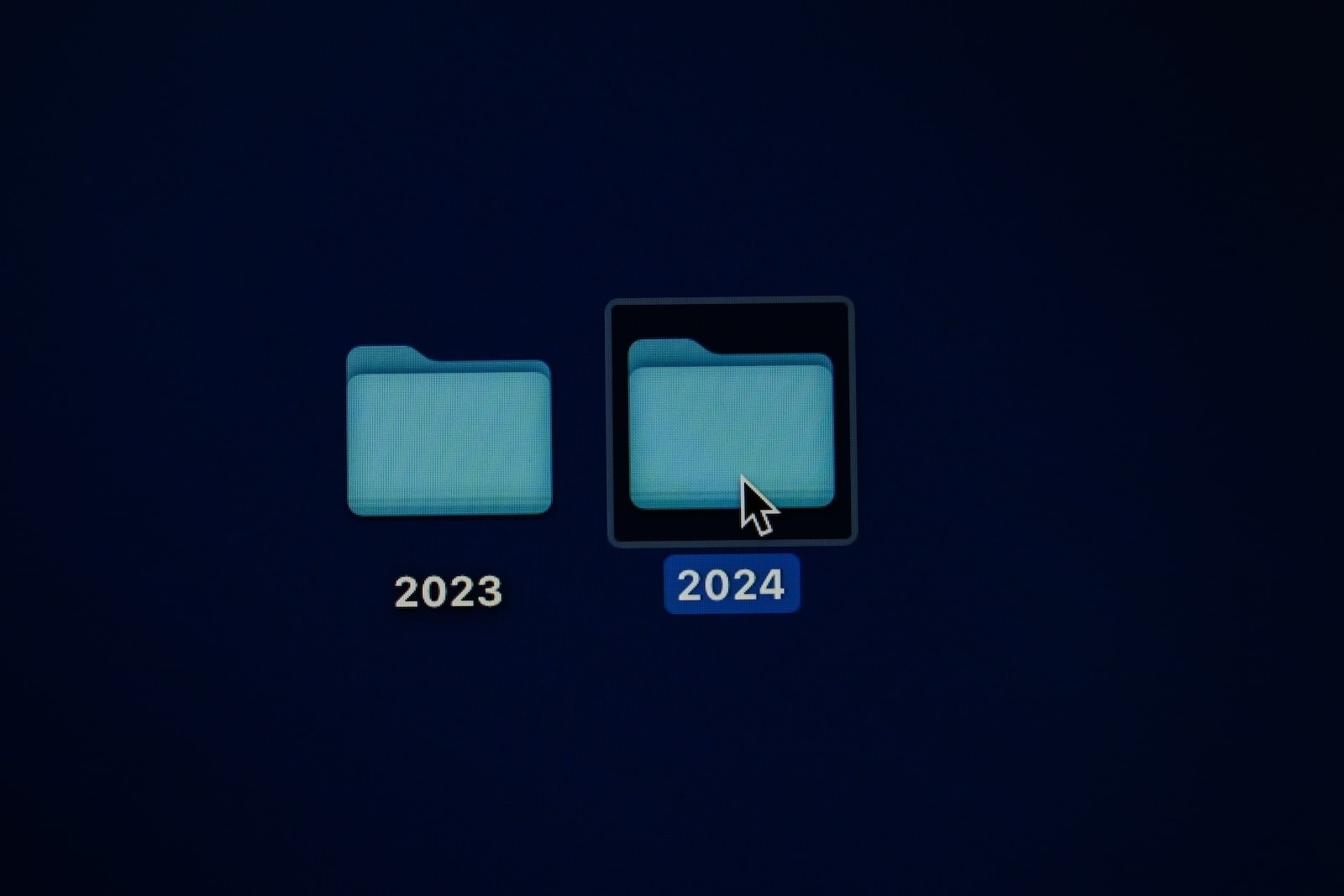
JROC responds to the VRP Working Group’s blueprint
Ellie Duncan | News
19 Dec 2023
The Joint Regulatory Oversight Committee (JROC) has responded to the VRP Working Group’s recommendations, namely for a non-sweeping variable recurring payment pilot, by proposing that a pilot should be live by the third quarter of 2024.
In its blueprint, the VRPWG identified three low-risk use cases, including payments to regulated financial services firms, payments to regulated utilities and payments to the government, and said there was “general agreement” that the pilot should start with these ‘core’ use cases, with ecommerce being a “stretch” use case.
Regarding ecommerce, the Working Group identified it as a “stretch” case, given the significant market size and potential for end-user benefit and in recognition of the “more complex consumer protection considerations”.

Kate Fitzgerald is chair of the VRP Working Group and head of policy at the PSR
JROC responded by committing to targeting a Phase 1 rollout of non-sweeping VRPs by the third quarter of 2024 on the basis that introducing VRP services will help scale Open Banking “at pace”.
The Committee stated that it largely agrees with the “actions and sequencing” set out in the blueprint and has proposed the establishment of a Functional Implementation Group, co-chaired by Open Banking Limited (OBL) and Pay.UK to deliver “recommended changes to functional capabilities”.
JROC has also called for the creation of a Dispute Resolution Implementation Group which is chaired by Pay.UK, with the aim to develop and implement a dispute resolution mechanism.
A formal dispute resolution framework will provide “clarity and consistency” to VRP Phase 1 participants, merchants, service providers, and consumers, according to JROC.
The Committee has set out its expectations for both implementation groups, the first of which is that, by the first quarter of 2024, they will create and agree on a delivery plan to carry out and complete Phase 1 actions by the third quarter of the year.
Among the groups’ other functions are to create Phase 1 participation minimum requirements and an onboarding process, and to onboard participants, as well as work with the Payment Systems Regulator (PSR) and Financial Conduct Authority (FCA) to design a data collection framework to capture key information.
What’s next for commercial VRP?
The VRPWG’s blueprint revealed that the members “declared a strong appetite to develop a robust commercial model that could deliver an ambitious vision for cVRPs”, but that there were “divergent views” on the best way to achieve this.
In response, JROC said it considers that there is a need for a multilateral agreement between PISPs and sending firms for Phase 1 VRP “to enable easier market access to participants and limit the cost and inefficiencies from bilateral arrangements”.
The PSR is consulting separately to seek stakeholder input on the “possible need” for a multilateral agreement that “binds PSPs and sending firms in a central set of rules”, and also on the price that sending firms can charge PISPs for non-sweeping VRPs in the use cases proposed for Phase 1.
Finally, the PSR is calling for views on a possible use of PSR powers to “require participation by (some) sending firms in a central rule set for VRPs”.
Andy Wiggan, chief product officer at GoCardless, said he is pleased “to see the regulatory authorities mapping out a pragmatic approach to supporting the growth of Open Banking”.
“We need to maintain momentum now and ensure that the commercial VRP pilot launches successfully in Q3 2024 in line with the VRP Blueprint,” he added.
“Whilst it’ll be five years on from when GoCardless took the first-ever VRP payment, and it will take many more years before VRPs reach mass adoption, this is an important milestone for industry and JROC to hit.”
The VRPWG was convened by JROC in June this year, alongside a Future Entity Working Group, as part of a wider programme of work to kickstart the next phase of Open Banking in the UK.









